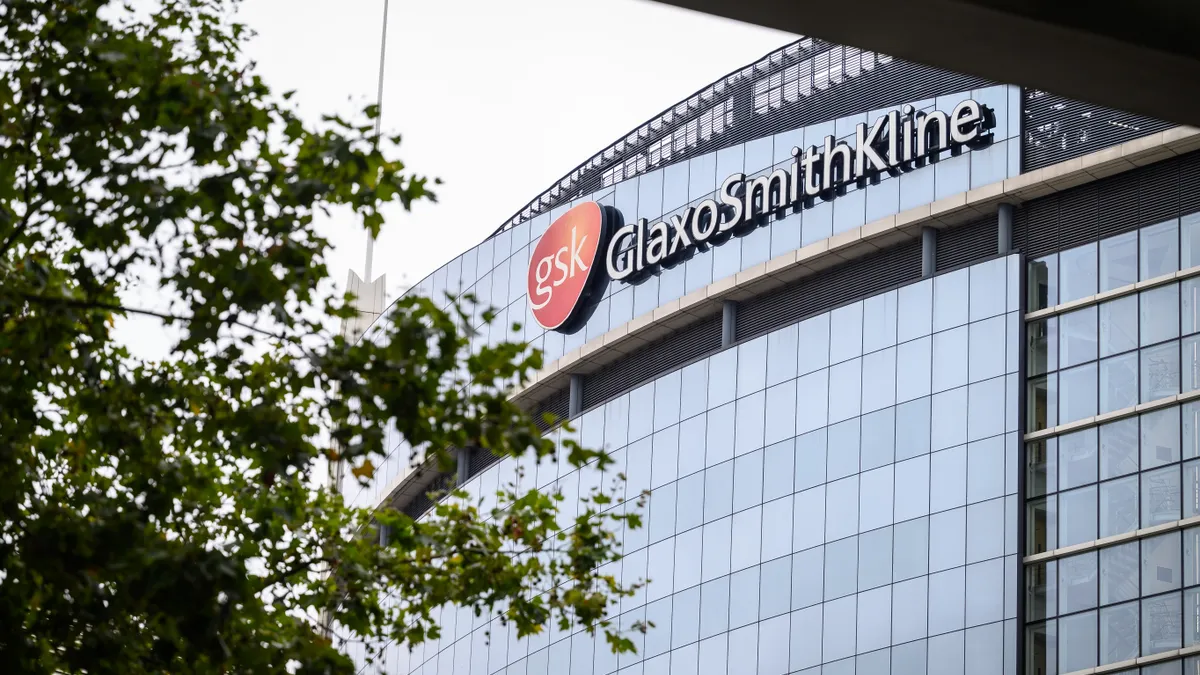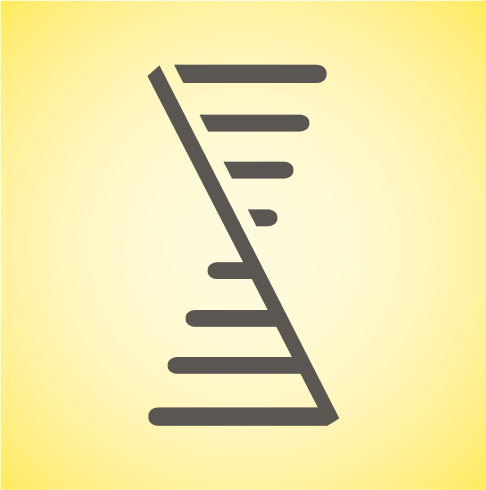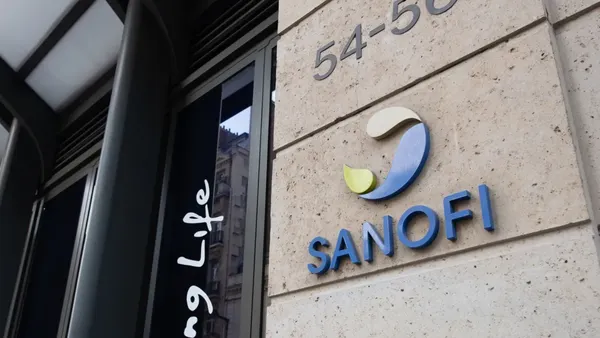Dive Brief:
- Alector, a California biotech working with GSK on treatments for neurodegenerative diseases, lost half its value Wednesday after announcing that a key experimental medicine failed in a 96-week Phase 3 clinical trial.
- Researchers were testing the drug, known as AL001 or latozinemab, in patients with frontotemporal dementia caused by a particular gene mutation. The medicine failed to meet a primary endpoint of slowing disease progression and showed no treatment-related effects on various secondary and exploratory objectives, Alector said late Tuesday.
- The results prompted the company to end open-label extension and continuation studies for the drug, as well as announce plans to cut 49% of its workforce. In addition, research and development chief Sara Kenkare-Mitra resigned, effective Dec. 22, “to pursue new leadership opportunities.”
Dive Insight:
Alector shares dropped 51% to $1.55 in early trading Wednesday after several Wall Street analysts downgraded the stock. TD Cowen analyst Yaron Werber, who previously recommended that clients buy Alector shares, cut his rating to a “hold,” saying he will now “move to the sidelines.”
Latozinemab and another experimental Alector-GSK drug, known as AL101 or nivisnebart, are both designed to elevate levels of progranulin, a protein that helps with the growth and repair of cells. In the latest study, dubbed Infront-3, researchers found that latozinemab succeeded in raising levels of plasma progranulin, but that didn’t translate to tangible effects on disease progression.
The results throw into question the “clinical translatability” of focusing on plasma progranulin concentrations, Werber wrote in a note to clients. With that uncertainty “and a lack of other near-term catalysts, we prefer a wait-and-see stance” on the stock, Werber said.
GSK was drawn by the promise of focusing on progranulin levels when it inked a research partnership with Alector in July 2021. The deal included $700 million up front and as much as $1.5 billion in potential future payments, which sent Alector shares soaring. Within days, the stock topped $39. The partnership marked a new commitment by GSK to brain drugs after almost a decade of little activity.
Despite the miss, Alector said it remains focused on advancing its pipeline and highlighted an ongoing Phase 2 trial of nivisnebart in patients with early Alzheimer’s disease. An interim analysis from that 76-week trial, dubbed Progress-AD, is due in the first half of next year. With about $291 million in cash, the company expects to be able to fund operations through 2027.














